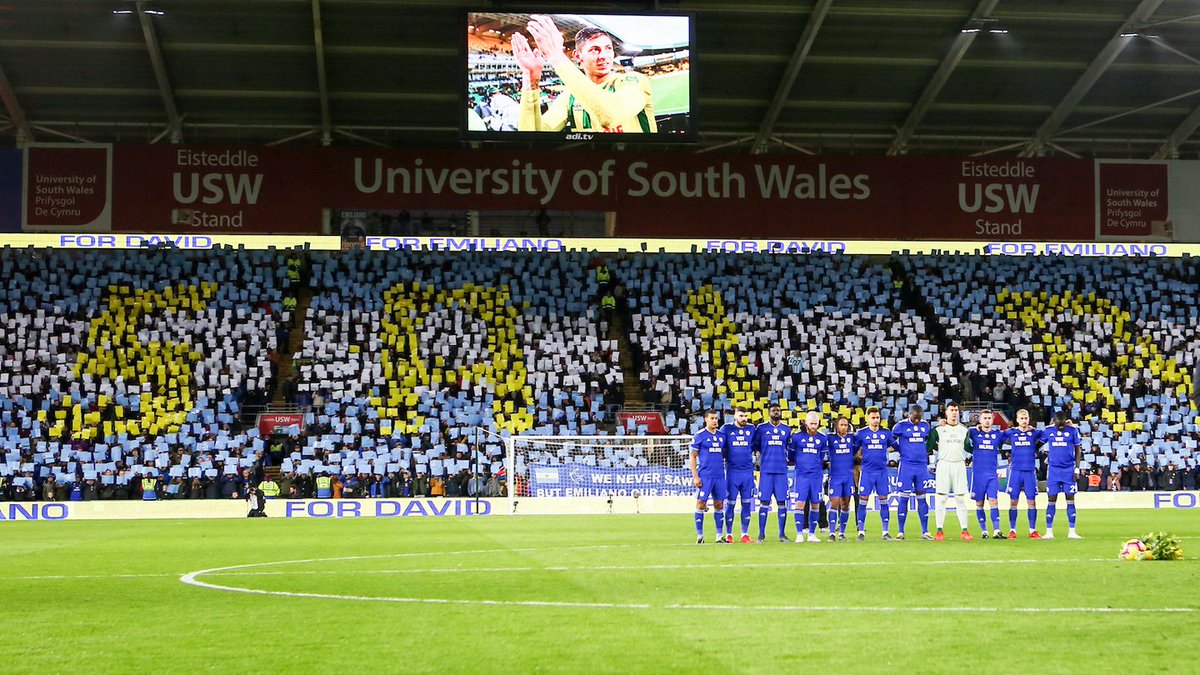In the first half of the 20th century it reached 1.3 million speakers, but nowadays it has gone down to 200,000 everyday speakers.
At the beginning of the 20th century, half of the population of Lower Brittany knew only Breton; the other half were bilingual. By 1950, there were only 100,000 monolingual Bretons, and this rapid decline has continued, with likely no monolingual speakers left today.
Today the situation is :

To complete what Krishna said about school and languages in France :
https://en.wikipedia.org/wiki/Vergonha
Breton has not the status of offical language (welsh has in uk), and France is one of the countries that has not ratified (uk had) the european charter for regional or minority languages.
https://en.wikipedia.org/wiki/European_ ... _Languages
Today, Breton is the only living Celtic language that is not recognized by a national government as an official or regional language.
Politics in France are never "multicultural" (as they are ine the north of europe, including uk), and french is seen as a "universal language" that must be the only one !
France has a "bilingual politic" outside the country (promote biliguism in states that speak franch, like canada, or many african states), but doesn't tolerate bilinguism or multiculturalism in france.
And it's not only languages, regions in France have absolutely no power, no prerogatives, all come from Paris.
It's a real fight here to obtain something (a big subject here and now is the "reunificaiton of brittany"..).
An example : in 1960, 6 children of a family had "lost" their french nationality, because they were given breton firstnames. After 15 years of disputes in the French courts, the European Court of Justice recognized Breton Nationality for the six children of Jean-Jacques and Mireille Manrot-Le Goarnig; they are "European Citizens of Breton Nationality".
Now, we can have breton first names

Bon chance mon ami...Forgive my French...Nous sommes Gallois....We have our own language. We are not English.



